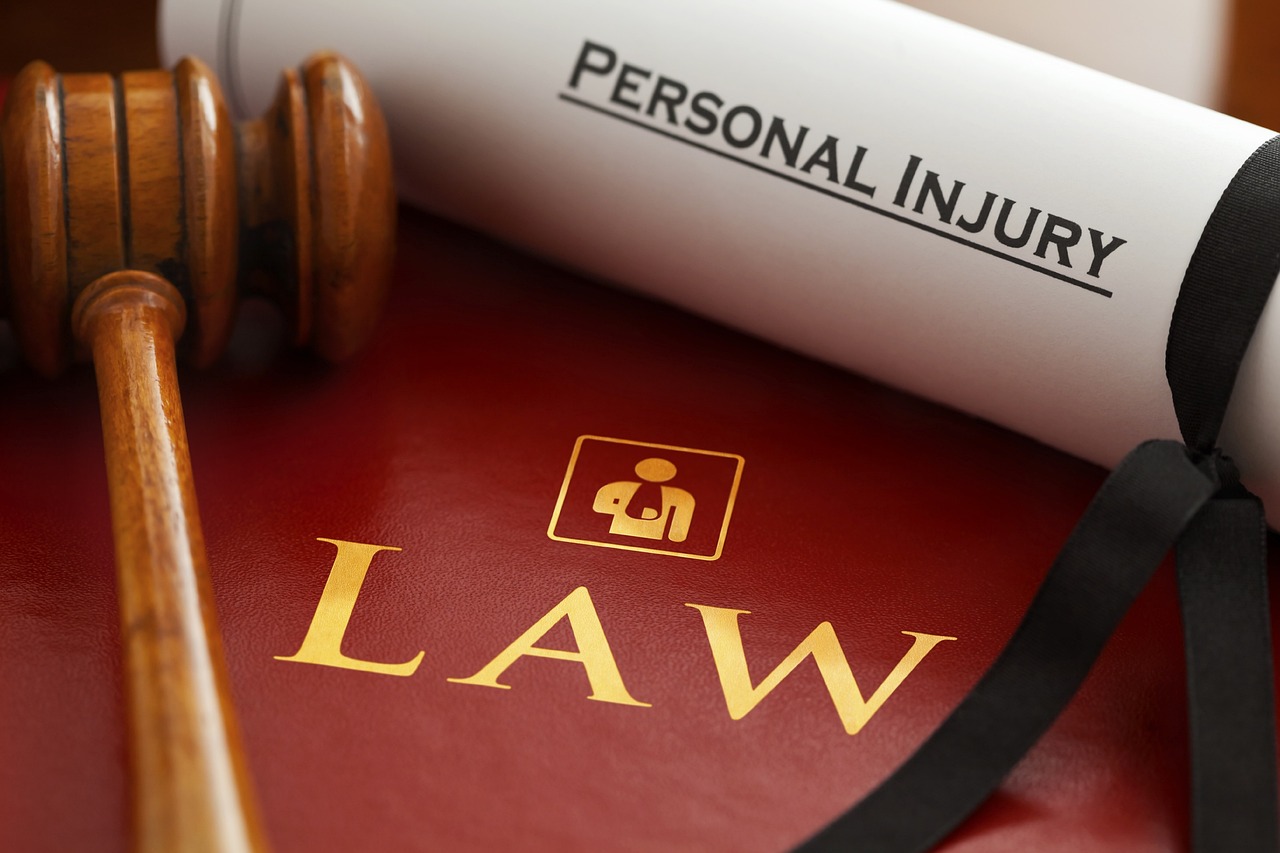Now Reading: Factors That Affect the Value of Personal Injury Settlements in Florida
-
01
Factors That Affect the Value of Personal Injury Settlements in Florida

Factors That Affect the Value of Personal Injury Settlements in Florida
There are 127.41 personal injury cases per 100k people in Florida, which is higher than the national average. If you’ve been injured due to someone else’s negligence in Florida, you may be entitled to compensation through a personal injury settlement. However, the value of these settlements can vary significantly based on numerous factors specific to your case and Florida law. Understanding these elements is crucial for setting realistic expectations.
Severity and Nature of Your Injuries
The most significant factor influencing settlement value is the severity and type of injuries sustained. More severe injuries, such as spinal cord damage, TBIs, amputations, or multiple fractures requiring surgery, generally lead to higher settlement values. This is because they often involve:
- Extensive and costly medical treatment.
- Long recovery periods.
- Permanent impairments, disabilities, or disfigurement.
- Greater impact on quality of life.
Medical records and expert testimony are essential to document the extent of injuries and their long-term consequences. With vehicle accidents causing 45% of amputations annually, this is good to know.
Economic Damages: Medical Expenses and Lost Income
Economic damages refer to the tangible financial losses resulting from the injury. These are often easier to calculate and include:
- Medical Bills: All costs related to treatment, including hospital stays, surgeries, doctor visits, medication, physical therapy, rehabilitation, and necessary medical devices. Future medical needs must also be projected and included.
- Lost Wages: Compensation for the income lost due to time off work during recovery; the average person loses 11 workdays and $1,590 per year after a car accident.
- Loss of Earning Capacity: If the injury permanently affects your ability to work or earn income at the same level as before, compensation for this future loss is considered. Calculating this often requires expert analysis of your career path, skills, and the injury’s impact.
Thorough documentation through bills, receipts, pay stubs, and employment records is vital.
Non-Economic Damages: Pain and Suffering
Non-economic damages compensate for intangible losses that don’t have a direct price tag but significantly impact your life, such as PTSD, which affects around 9% of car accident survivors.
Calculating these damages is subjective. Florida courts or insurance companies might use methods like the “multiplier method,” where economic damages are multiplied by a factor (typically 1.5 to 5) based on injury severity, to estimate non-economic damages. There are currently no caps on non-economic damages in most Florida personal injury cases (following a 2017 Florida Supreme Court ruling regarding medical malpractice caps).
Liability and Florida’s Comparative Negligence Rule
Establishing who was at fault (liable) for the accident is fundamental. Florida follows a “modified comparative negligence” rule for most negligence cases filed after March 24, 2023. This means:
- You can recover damages only if you are found 50% or less at fault for the accident.
- If you are found 51% or more at fault, you cannot recover any damages.
Strength of Evidence and Legal Representation
The quality and availability of evidence (police reports, witness statements, photos, medical records, expert opinions) significantly influence settlement negotiations. A well-documented case with clear proof of liability and damages strengthens your position. Furthermore, the skill and experience of your personal injury law firm can play a critical role in investigating the case, gathering evidence, negotiating effectively with insurance companies, and maximizing your settlement value.
Consulting with an experienced Florida personal injury attorney is the best way to understand the potential value of your specific claim.










